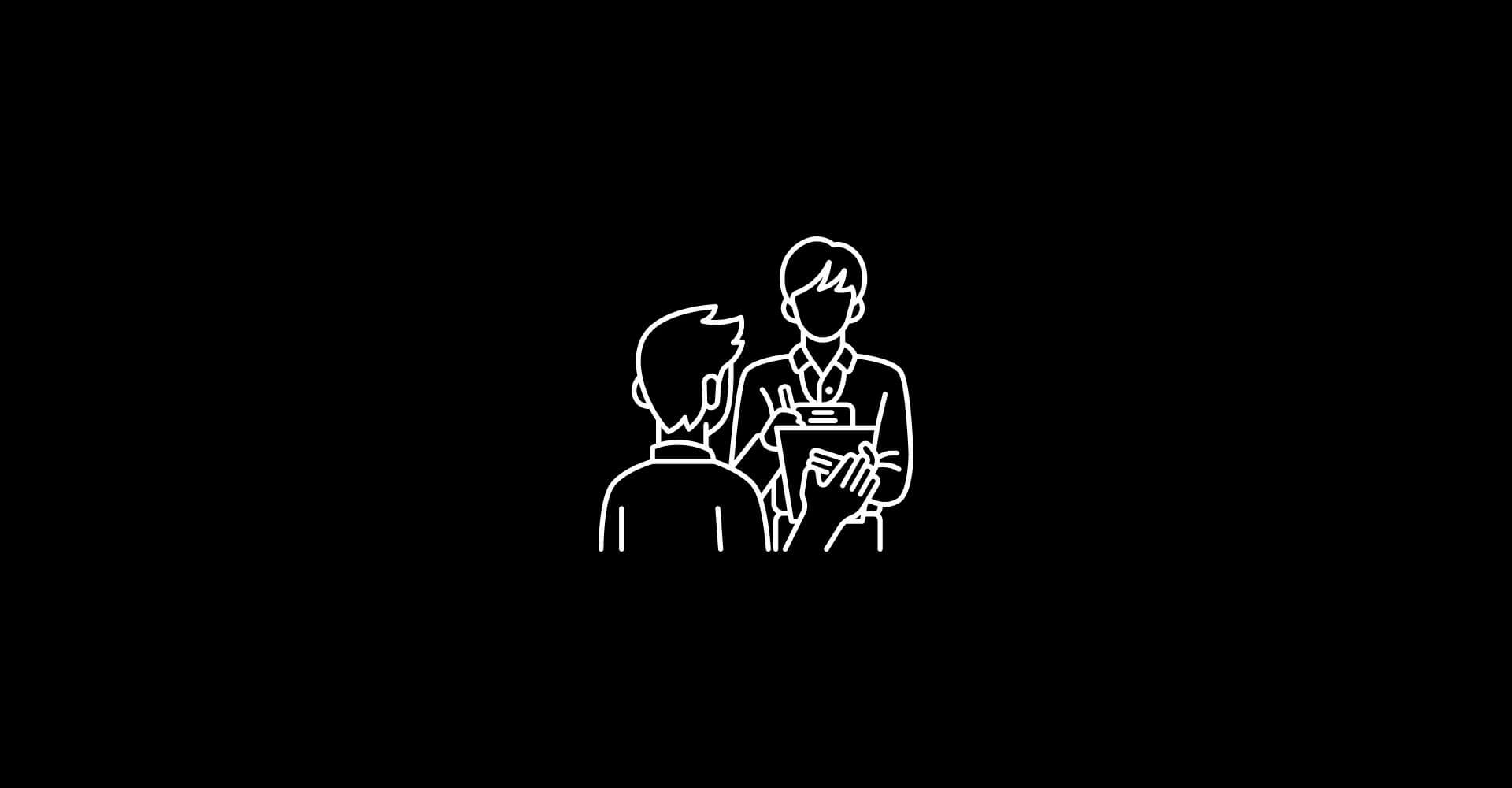In the fast-paced, competitive world of career development, conventional wisdom often dictates that you should only interview for jobs you truly desire. However, there are compelling reasons to consider interviewing for positions that may not initially appear to align with your ideal career trajectory. Whether you’re actively job hunting or passively exploring opportunities, here are several reasons why interviewing for a job you don’t want can be a valuable exercise.
1. Honing Your Interview Skills
Interviewing is a skill, and like any other skill, it requires practice. Even if you don’t want the job, the interview process allows you to refine your techniques. You’ll get a chance to practice answering common interview questions, handle unexpected questions, and articulate your experiences and qualifications more effectively. Each interview is an opportunity to become more comfortable and confident, making you better prepared for the interviews that really matter.
2. Expanding Your Network
Every interview is an opportunity to expand your professional network. By engaging with interviewers and hiring managers, you build connections that could be valuable in the future. These individuals could recommend you for other roles, provide valuable insights into the industry, or offer mentorship. Networking is a crucial aspect of career growth, and interviews provide a direct way to meet professionals in your field.
3. Gaining Industry Insights
Interviewing at different companies, even for positions you don’t necessarily want, can provide valuable insights into industry trends, company cultures, and the demands of various roles. This knowledge can help you better understand the job market and refine your career goals. You may discover new career paths or industries that interest you, or you might gain a better understanding of what you don’t want in a job, which is equally important.
4. Testing Your Market Value
Interviewing for multiple positions allows you to gauge your market value. You’ll learn how companies perceive your skills and experiences, and you may receive feedback that highlights strengths and areas for improvement. Understanding your market value can help you negotiate better salaries and benefits in the future, ensuring you are compensated fairly for your expertise.
5. Building Confidence
The more you interview, the more your confidence grows. Repeatedly putting yourself in front of potential employers and presenting your qualifications can reduce interview anxiety. Confidence is a crucial factor in job interviews, and frequent practice can help you project a more self-assured image, making a positive impression on interviewers.
6. Discovering Unexpected Opportunities
Sometimes, the jobs you initially overlook can turn out to be surprisingly appealing. During the interview process, you might learn more about the role, the company, or the team that changes your perspective. A position that seemed undesirable on paper might reveal itself to be a great fit, offering growth opportunities, a positive work environment, or a chance to develop new skills.
7. Sharpening Your Professional Story
Every interview is a chance to tell your professional story. Explaining your career journey, your achievements, and your aspirations helps you refine how you present yourself. Crafting a compelling narrative that resonates with employers is essential, and the more you practice, the better you’ll become at highlighting the key aspects of your career that make you an attractive candidate.
8. Assessing Organizational Fit
Interviews are not just for employers to assess candidates; they are also an opportunity for you to assess potential employers. Even if you don’t want the job, you can learn a lot about a company’s culture, values, and work environment. This information can be invaluable in helping you identify what you are looking for in a future employer and ensuring that you make informed decisions about your career.
9. Improving Your Resume and Cover Letter
The process of preparing for an interview often involves updating your resume and cover letter to match the specific job. This ongoing refinement ensures that your application materials are always in top shape, ready for any opportunity that comes your way. Tailoring your resume and cover letter for different roles also helps you highlight various aspects of your experience and skills, making you a more versatile candidate.
10. Building Resilience and Adaptability
Job interviews can be stressful, and regularly putting yourself through the process can build resilience and adaptability. Learning to handle rejection and setbacks positively is an important life skill. Each interview, whether successful or not, teaches you how to cope with challenges, stay motivated, and continue striving toward your career goals.
Conclusion
Interviewing for a job you don’t want might seem counterintuitive, but the benefits far outweigh the effort. From honing your interview skills to expanding your network and gaining industry insights, every interview is a stepping stone in your career journey. Embrace these opportunities, and you’ll find yourself better prepared, more confident, and more knowledgeable, ultimately leading to greater success in your job search and career development.






